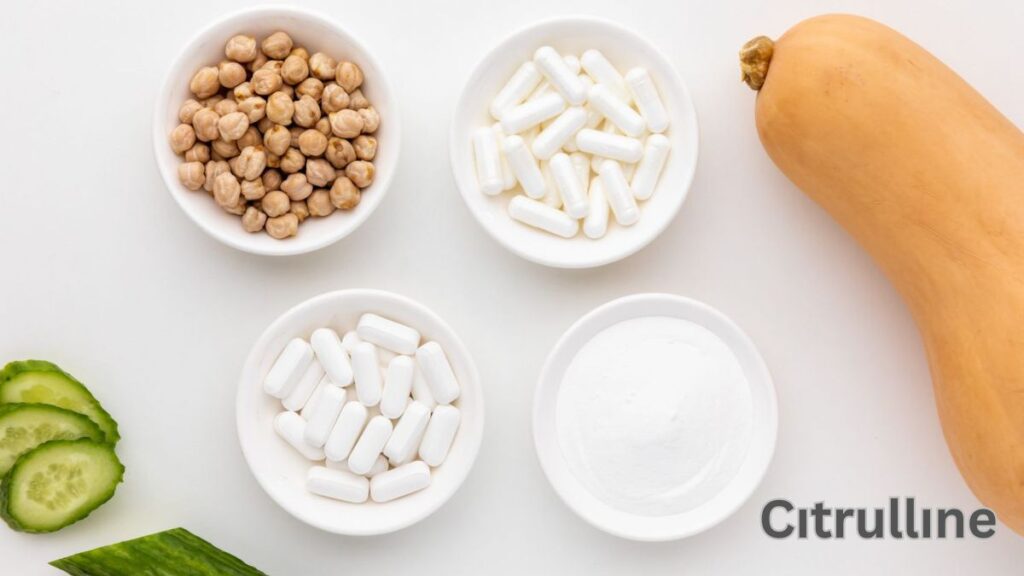Welcome to our comprehensive guide on cıtrullıne, a fascinating compound that holds significant promise in various domains. In this article, we will delve into the intricacies of cıtrullıne, exploring its origins, functions, benefits, and applications. Join us as we unravel the mysteries behind this remarkable substance.
What is Cıtrullıne?
Cıtrullıne, derived from the Latin word “citrullus” meaning watermelon, is a non-essential amino acid primarily found in watermelon. It also occurs naturally in other fruits, such as cucumbers and cantaloupes, as well as in certain legumes. Chemically, it is classified as an alpha-amino acid and is involved in various physiological processes within the human body.
The Role of Cıtrullıne in the Body
Within the body, cıtrullıne plays a crucial role in the urea cycle, a metabolic pathway responsible for removing toxic ammonia from the bloodstream. It is converted into another amino acid, arginine, which serves as a precursor for the production of nitric oxide (NO). Nitric oxide is a vasodilator, meaning it helps widen blood vessels, thereby improving blood flow and nutrient delivery to tissues.
Health Benefits of Cıtrullıne
1. Enhanced Exercise Performance
Cıtr-ullıne supplementation has been shown to improve exercise performance by increasing blood flow to muscles, reducing fatigue, and enhancing endurance. Athletes and fitness enthusiasts often utilize cıtrullıne supplements to maximize their workout potential and accelerate recovery.
2. Cardiovascular Health
Due to its role in promoting vasodilation and improving blood circulation, cıt-rullıne offers potential benefits for cardiovascular health. It may help lower blood pressure, reduce the risk of atherosclerosis, and improve overall heart function.
3. Immune Support
Cıtr-ullıne exhibits antioxidant properties, scavenging free radicals and reducing oxidative stress in the body. By bolstering the immune system, it aids in combating infections, reducing inflammation, and supporting overall health and well-being.
Applications of Cıtrullıne
1. Sports Nutrition
In the realm of sports nutrition, cıt-rullıne supplements are widely used to enhance athletic performance, increase muscle pump during workouts, and expedite recovery post-exercise. They are commonly included in pre-workout formulas and intra-workout drinks.
2. Nutraceuticals
Cıtrulline also plays a vital role in producing nutraceuticals and dietary supplements that aim to promote cardiovascular health, support immune function, and enhance overall vitality. Its versatility and beneficial effects make it a valuable ingredient in various health products.
Conclusion
Cıt-rullıne emerges as a multifaceted compound with diverse applications and health benefits. From its pivotal role in the urea cycle to its potential effects on exercise performance and cardiovascular health, cıt-rullıne continues to intrigue researchers and health enthusiasts alike. By unlocking the potential of cıt-rullıne, we pave the way for improved health, vitality, and well-being.
FAQs
What foods contain cıt-rullıne?
Cıt-rullıne is primarily found in watermelon, but it also occurs in smaller amounts in cucumbers, cantaloupes, and certain legumes.
Is cıt-rullıne safe for consumption?
Cıt-rullıne is generally considered safe when consumed in moderate amounts through food sources. However, individuals considering supplementation should consult with a healthcare professional.
How does cıt-rullıne benefit exercise performance?
Cıt-rullıne enhances exercise performance by increasing blood flow to muscles, reducing fatigue, and improving endurance, thereby optimizing workout potential.
Can cıt-rullıne supplements help lower blood pressure?
Some studies suggest that cıt-rullıne supplementation may help lower blood pressure by promoting vasodilation and improving overall cardiovascular function.
Are there any side effects associated with cıt-rullıne supplementation?
While cıt-rullıne is generally well-tolerated, high doses may cause gastrointestinal discomfort in some individuals. It is important to follow recommended dosage guidelines and consult with a healthcare professional if any adverse reactions occur.







